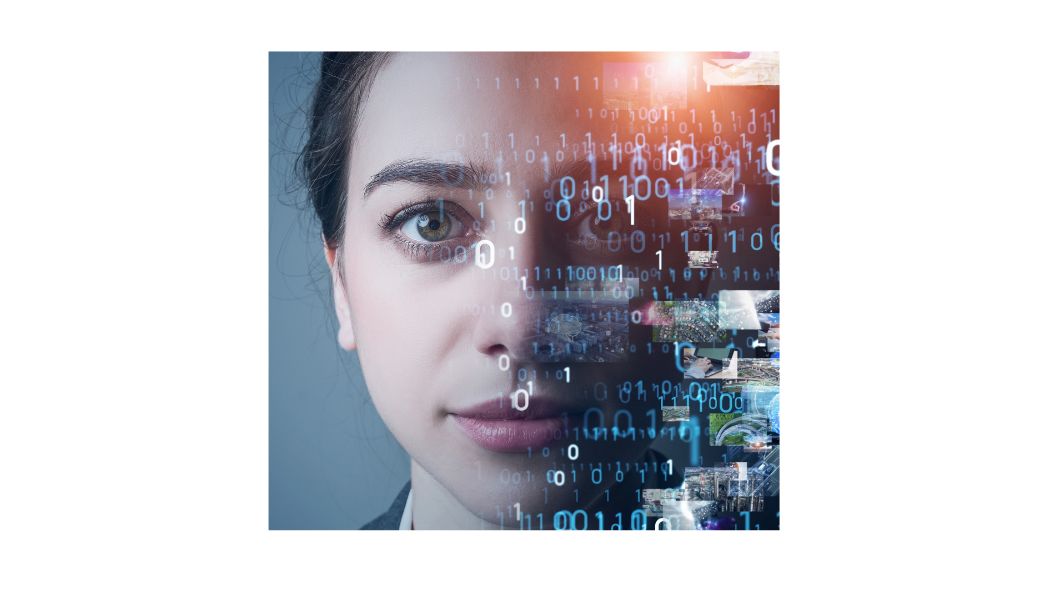The AI Advantage: How Workers Embracing Artificial Intelligence Will Replace Those Who Resist in the Workplace
In an era dominated by rapid technological advancements, the integration of artificial intelligence (AI) into the workplace has become an inevitable reality. The dichotomy between those who embrace AI and those who resist it is reshaping the professional landscape. This blog explores the transformative power of AI in the workplace and delves into the notion that humans harnessing AI capabilities will ultimately replace those who remain averse to its adoption.
The Rise of Artificial Intelligence in the Workplace:
Artificial intelligence has evolved from a futuristic concept to a practical, everyday tool in various industries. From automating mundane tasks to enabling complex decision-making processes, AI has proven its value in enhancing efficiency and productivity. In the workplace, AI systems can analyze vast datasets, predict trends, and even perform certain cognitive tasks traditionally reserved for human workers.
The Fear of Job Displacement:
One of the primary reasons for resistance to AI adoption in the workplace is the fear of job displacement. Many workers worry that machines will take over their roles, rendering their skills obsolete. However, history has shown that technological advancements often lead to the creation of new roles and opportunities. Rather than replacing humans, AI has the potential to augment their capabilities and allow them to focus on tasks that require emotional intelligence, creativity, and critical thinking.
The Evolution of Job Roles:
As AI takes on routine and repetitive tasks, the nature of job roles is evolving. Jobs that involve creativity, strategic thinking, and emotional intelligence are becoming more crucial. Employees who embrace AI as a tool to enhance their work are better positioned to adapt to these changes. They become contributors to the development and implementation of AI strategies, ensuring a symbiotic relationship between humans and machines.
Enhanced Productivity and Efficiency:
One of the undeniable advantages of AI in the workplace is the significant boost in productivity and efficiency. AI systems can analyze large datasets in a fraction of the time it would take a human, leading to faster decision-making processes. Workers who embrace AI technologies can harness this efficiency, allowing them to focus on tasks that require a human touch, such as building relationships, fostering innovation, and addressing complex challenges.
Adaptability as a Key Skill:
In the age of AI, adaptability emerges as a key skill for workers. Those who resist the integration of AI into their workflow risk falling behind in terms of efficiency and competitiveness. The ability to learn and adapt to new technologies becomes a valuable asset in the professional toolkit. Companies are increasingly seeking employees who not only embrace AI but actively contribute to its integration and optimization within the organization.
Collaboration between Humans and AI:
The future of the workplace is not about humans versus machines but rather about collaboration between the two. AI is a tool that can amplify human capabilities, enabling workers to achieve more than ever before. Successful organizations understand the importance of fostering a culture of collaboration, where humans and AI work hand in hand to achieve common goals. This collaborative approach results in innovative solutions, increased efficiency, and a dynamic work environment.
The Role of Continuous Learning:
As AI continues to evolve, the need for continuous learning becomes more pronounced. Workers who commit to ongoing education and skill development are better equipped to navigate the changing landscape of the workplace. The integration of AI may require individuals to upskill or reskill to remain relevant in their respective fields. Companies that prioritize employee training and development contribute to a workforce that is not only adaptive but also poised for success in an AI-driven world.
Case Studies of AI Integration Success:
Several organizations have successfully integrated AI into their operations, showcasing the positive impact on both productivity and job satisfaction. For example, in customer service, AI-powered chatbots handle routine queries, allowing human agents to focus on complex and emotionally sensitive interactions. Similarly, in healthcare, AI algorithms assist medical professionals in diagnosing diseases, enabling quicker and more accurate treatment decisions. In Human Resources, AI allows for quicker assessment of high-volume job applications and can also underpin personalised learning journeys across vast and disparate cohorts of people.
In summary, the rise of AI in the workplace is not a threat but an opportunity for human augmentation. Workers who embrace AI technologies and actively contribute to their integration will play a pivotal role in shaping the future of work. The dichotomy between those who adopt AI and those who resist it is not a battle for job survival but a choice between stagnation and progress. The workplace of tomorrow is a collaborative space where humans and AI work in tandem, leveraging each other’s strengths to achieve unprecedented levels of productivity and innovation. Those who recognize and harness the power of AI will not only secure their roles but also contribute to a future where human ingenuity and technological advancements coalesce for the betterment of society.
Getmee helps organisations use AI to drive communication and employability Improvement outcomes at scale, across multiple cohorts of people; typically, all are current or soon to be job-seekers.
Contact paul@getmee.ai to learn more Getmee and how it can form part of your employability, D&I and candidate experience programs.
